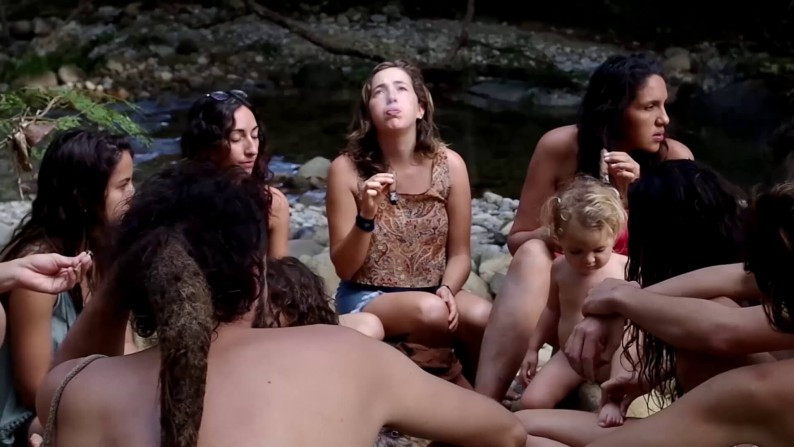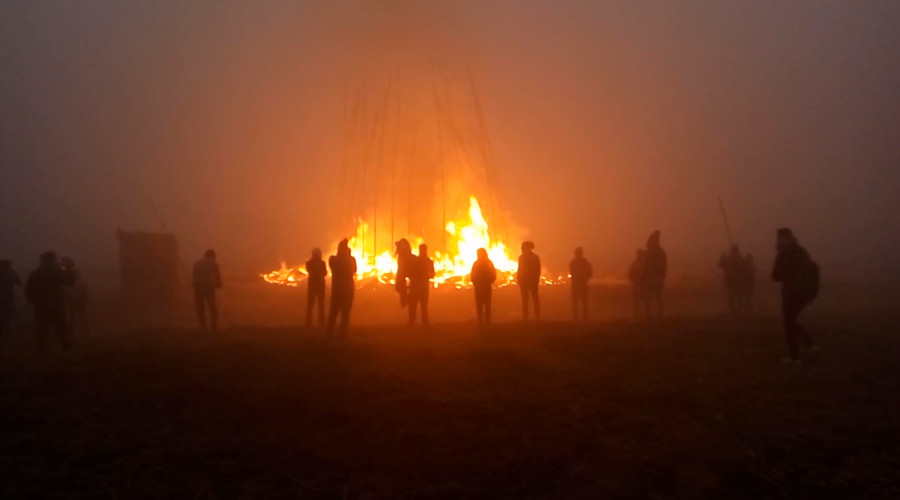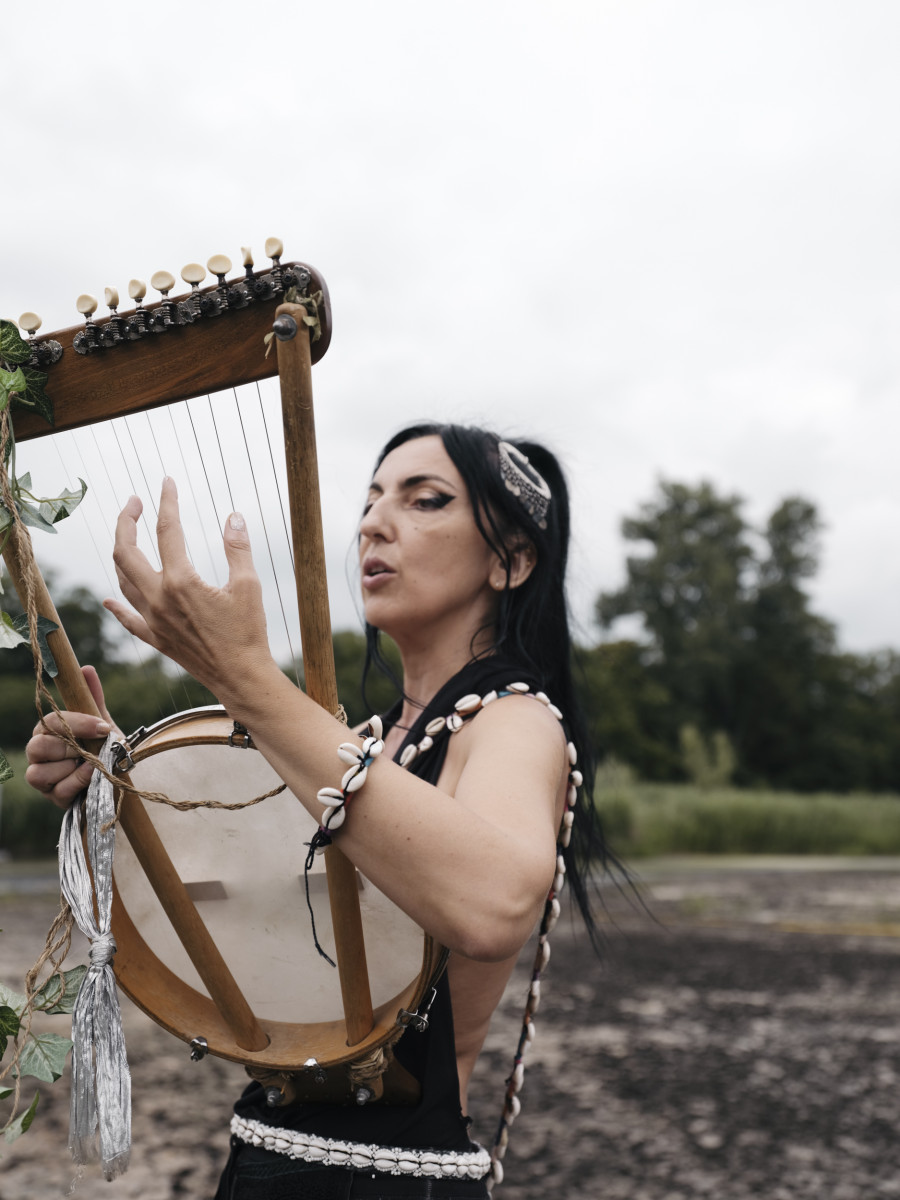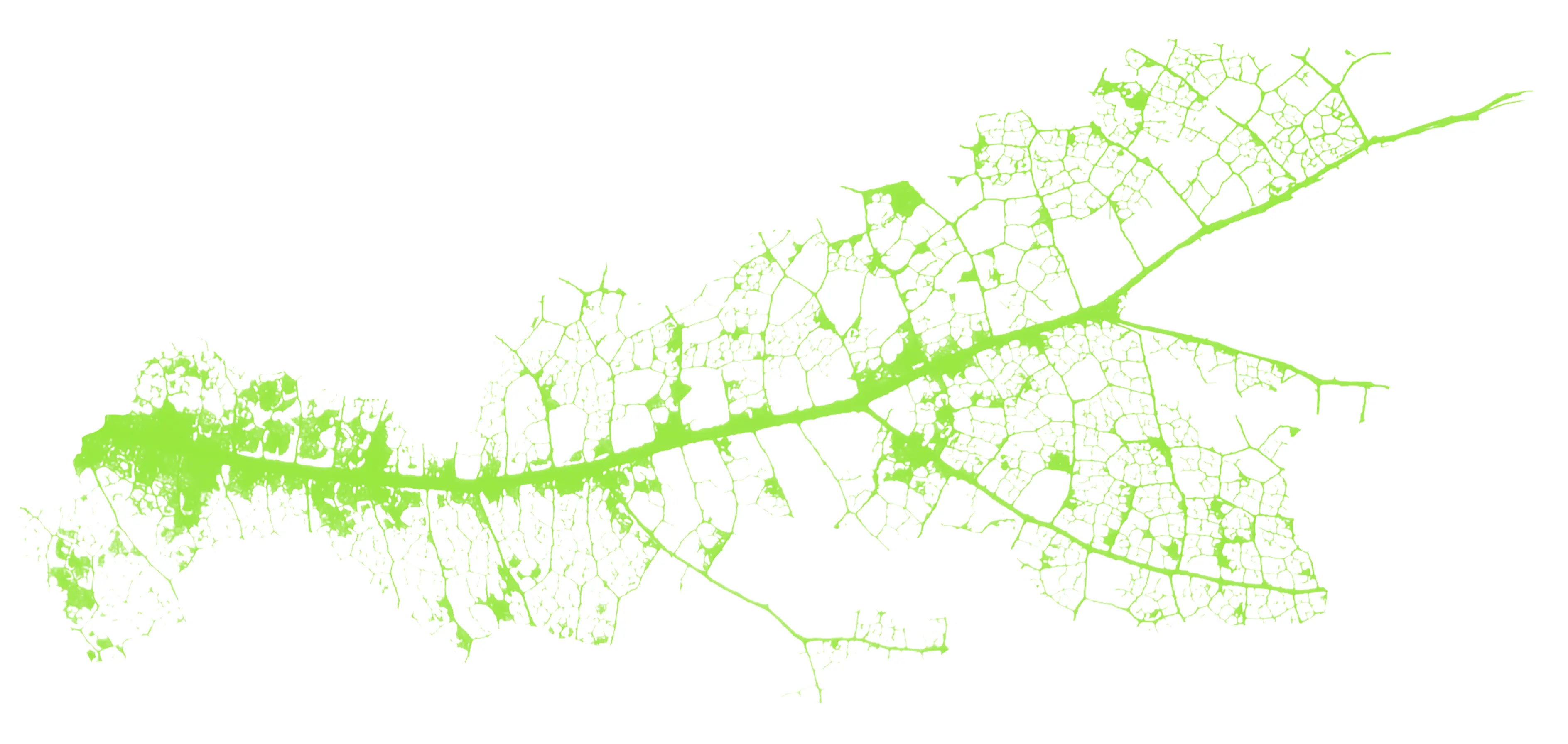
ReLOVEution NOW!
Round table with Joulia Strauss
In cooperation with Weiterdenken – Heinrich Böll Foundation Saxony
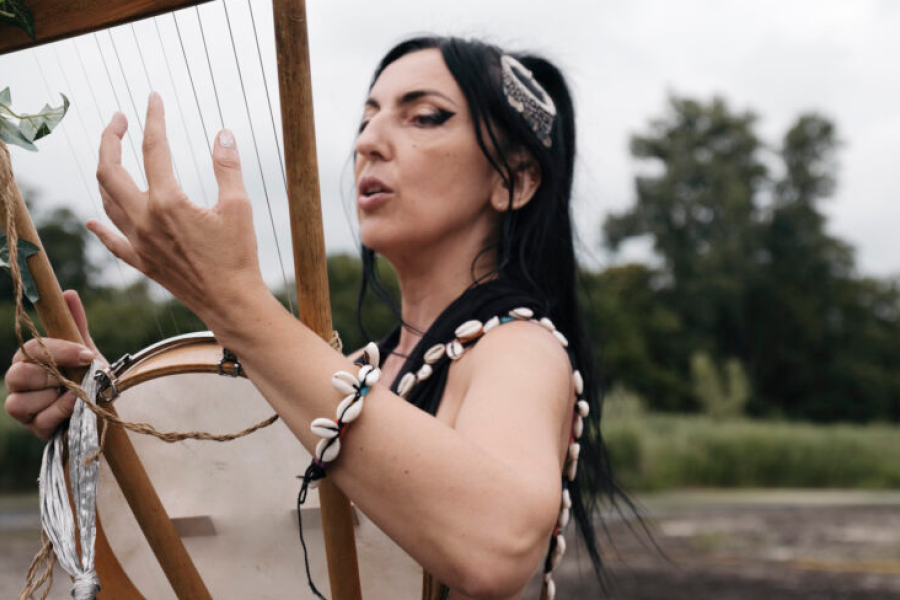
Education as an art is the key to change away from speculative growth and towards alternative social development. With this in mind, Joulia Strauss established the Avtonomi Akadimia in 2012. In the very place in Athens where Plato taught almost 2500 years ago. In the talk format ReLOVEution NOW! she gives an insight into her work and how it combines art, technology, politics and activism.
6 November: No Future? How we need to change for a livable future.
The current climate movements are diverse, loud, young, and uncompromising-and they are getting a lot of social resonance. Their basic credo is: The climate crisis is a real threat to human civilization – policies are needed that finally do justice to this task. Why do these movements become so strong within a short period of time? What alliances do they need to form in order to become politically effective? What potentials and pitfalls still lie ahead of them and how sustainable can they set themselves up to be? Rarely have science and activism been so united in their demands for how we not only look hopelessly into the future, but finally set up our (co)life and economy in a sustainable way.
Only a clear socio-ecological turnaround can slow down the consequences of climate change. What scenarios can realistically be implemented now? How do we get there and which forces will prevail in the struggle for a future worth living?
We discuss these and other questions with our guests: Harald Welzer is a scientist, author and director of FUTURZWEI. Foundation Future sustainability. He is committed to the socio-ecological transformation and the preservation of an open society. Linus Bauer, a student in Leipzig, is involved with Fridays for Future and the Green Youth.
7 November: Everything feels? Nature’s own rights as a vision of a new community
If animals, trees and even mountains have a consciousness, an equal community of all parts of our common ecosystem also derives from this. Such a perspective fundamentally questions our Western hierarchy system of nature and living beings. A logical consequence would then be to give nature its own enforceable rights – in concrete terms, this would mean, for example, that a forest could legally defend itself against its deforestation.
We want to discuss how this vision for a different form of living together can look theoretically and practically. Which traditions of thought and ways of life does such a concept tie in with? What new potentials are opening up for an ecologically livable and socially just future for us all? Where is this change in thinking currently beginning and is it even already becoming legally concrete?
With Andreas Weber, biologist, philosopher, writer. In his book INDIGENIALITY, he writes: “If we want to make the world a place worth living in again, we should discover the indigenous in ourselves. The second guest in the discussion is Jula Zenetti, a lawyer and doctoral student at the Helmholtz Centre for Environmental Research (UFZ) in Leipzig, who is doing her doctorate on the topic of “Nature’s Own Rights”. She says, “We need to stop seeing nature as a servant of man and also legally recognize its value.”
Joulia Strauss is a sculptor, media and performance artist. She comes from the Mari people, one of the last indigenous cultures in Europe with a shamanistic tradition, who have their homeland in the Volga region in the far east of Europe. She was born in Leningrad and now lives between Athens and Berlin.
Main Supporters
euro-scene leipzig is institutionally supported by the City of Leipzig and the Saxon State Ministry for Higher Education, Culture and Tourism. Co-financed by tax revenue on the basis of the budget approved by the Saxon State Parliament.
